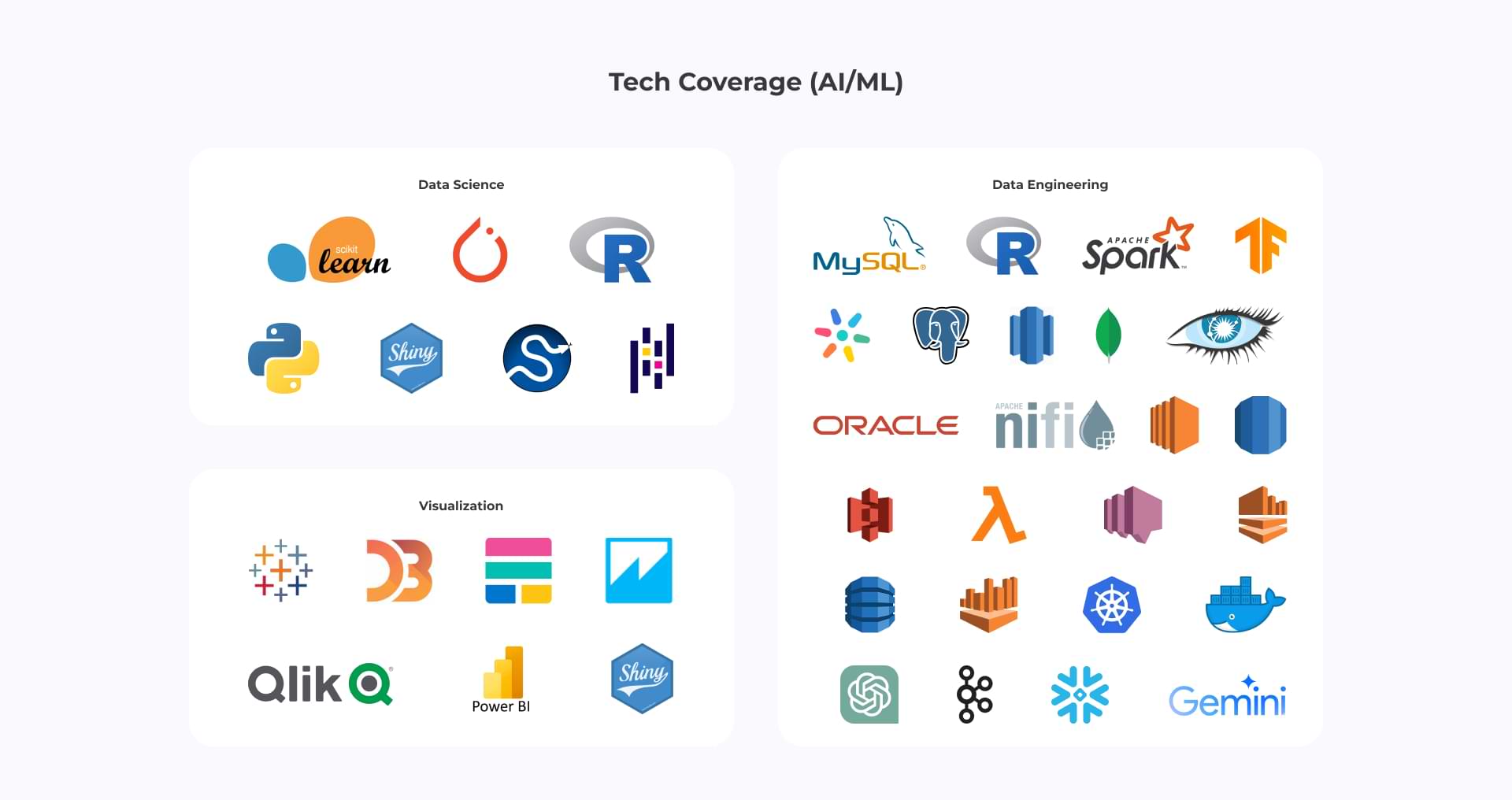Diving into the Future: Can Analytic Process Automation Turbocharge Your Insights with AI Magic?
In the fast-paced world of data-driven decision-making, organizations are constantly seeking innovative ways to enhance their analytical capabilities. One such groundbreaking approach is Analytic Process Automation (APA) powered by Artificial Intelligence (AI). In this blog, we’ll explore the dynamic landscape of Analytic Process Automation, delving into its significance, benefits, and the transformative role played by AI in this process.
Let’s connect
Book a meeting
Understanding Analytic Process Automation:
Analytic Process Automation is the integration of analytics, business intelligence, and data science to automate the extraction of actionable insights from data. It goes beyond traditional automation by incorporating advanced analytics and AI algorithms, allowing organizations to streamline and optimize their decision-making processes.
The Role of AI in Analytic Process Automation:
- Data Preparation and Cleansing:
AI algorithms excel in handling large datasets efficiently. In the analytic process, AI plays a crucial role in automating data preparation and cleansing tasks, ensuring that the input data is accurate and ready for analysis. - Predictive Analytics:
Machine learning models embedded in Analytic Process Automation systems enable predictive analytics. Organizations can leverage historical data to make informed predictions about future trends, enabling proactive decision-making. - Natural Language Processing (NLP):
NLP capabilities enhance user interactions with analytic tools. Users can query the system using natural language, making it more accessible to individuals without a deep technical background. This democratization of data empowers various stakeholders within an organization. - Dynamic Reporting and Visualization:
AI-driven automation facilitates the creation of dynamic and interactive reports and visualizations. This not only saves time in report generation but also allows for real-time data exploration, enabling quick and informed decision-making.
Benefits of Analytic Process Automation with AI:
- Increased Efficiency:
Automation reduces manual efforts in data processing and analysis, allowing organizations to operate more efficiently. This is particularly beneficial for tasks that involve repetitive processes and large datasets. - Enhanced Accuracy:
AI algorithms minimize the risk of human error in data analysis. By automating complex computations and analyses, organizations can rely on more accurate and consistent results. - Faster Decision-Making:
Real-time analytics, made possible by AI-driven automation, enables faster decision-making. Organizations can adapt quickly to shifting market dynamics and seize emerging opportunities. - Strategic Insights:
The integration of AI in Analytic Process Automation goes beyond routine tasks, providing organizations with strategic insights. This empowers leaders to make data-driven decisions that align with long-term business objectives.
Conclusion
Analytic Process Automation powered by AI is reshaping the way organizations leverage data for decision-making. As businesses continue to generate vast amounts of data, the integration of advanced analytics and automation becomes imperative for staying competitive. Embracing Analytic Process Automation with AI is not just a technological upgrade but a strategic move towards a more agile, data-driven future. It’s time for organizations to unlock the full potential of their data and elevate their analytical capabilities to new heights.
Global success stories
Here are some related content that highlight our capability in delivering AI solutions that save costs as well as boost productivity.
Manufacturing 4.0:



